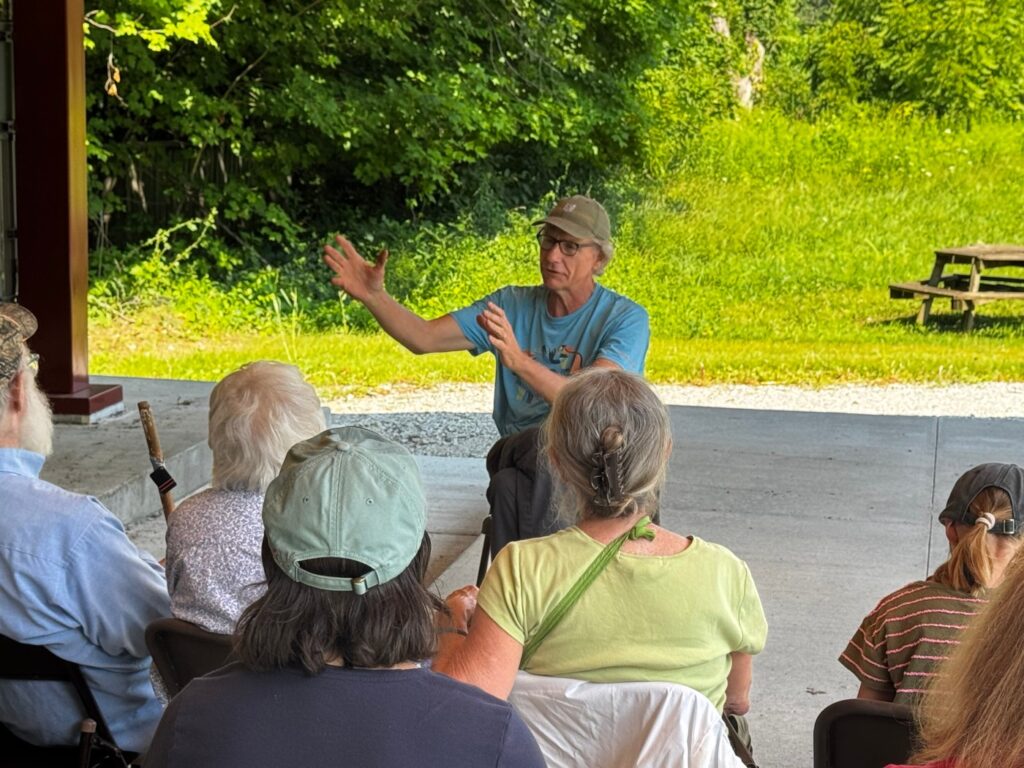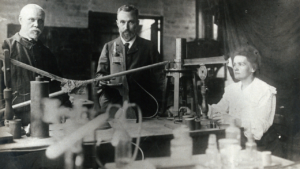
UPDATE: Summer heat is putting amphibians at risk, as confirmed by experts during a recent event at the Meadowbrook Nature Preserve in Valparaiso, where over 30 people gathered to learn about the challenges faced by these creatures. With rising temperatures impacting hydration levels, amphibians are under significant stress, especially as they navigate the dry conditions of July.
Dr. Spencer Cortwright, an associate professor of biology at Indiana University Northwest, highlighted the urgent need for amphibians to remain hydrated. “For a salamander, frog, toad, or newt that is a sexually mature adult, their primary goals in August are to keep hydrated,” he stated. Cortwright emphasized the critical nature of hydration for amphibians, as they breathe through their skin, making them vulnerable in extreme heat.
The event also shed light on the recent tough climate conditions, with Dr. Cortwright noting, “A lack of rain can be a stress for amphibians. June and July were tough this year.” Attendees learned how to identify safe habitats for amphibians, including logs and small pools of water, vital spots for these creatures trying to survive the heat.
One of the standout moments occurred when a young participant discovered a blue-spotted salamander beneath a log. “Blue-spotted salamanders are part of the mole salamander family,” Cortwright explained, adding that they can hybridize with other species, leading to unique all-female salamander populations.
Concerned for amphibians globally, Dr. Cortwright pointed out that, “Over the past 30-50 years, many amphibians around the globe have declined significantly at an astonishing rate. This may be the most dire time period for amphibians in hundreds of millions of years.” This alarming trend is connected to various factors, notably the increasing human population and its impact on natural habitats.
The program, organized by the Shirley Heinze Land Trust, aimed to educate attendees about the significance of amphibians and their ecosystems. “We have many webinars informing the general public about hot topics of restoration,” said Allison Wagner, stewardship assistant for the Land Trust. “Dr. Cortwright specializes in conservation and amphibians in our area, and we use these webinars to spread the word.”
Participants, including local teacher Marie Furmanski, expressed their enthusiasm for the event. “I hike all over and have quite an interest in nature. I want to find out more from his presentation,” she shared, emphasizing the importance of education in fostering a connection with local wildlife.
As temperatures continue to rise, the urgency to protect amphibians and their habitats has never been more critical. The community is encouraged to stay informed and engaged through upcoming events and programs.
For more information on amphibian conservation and future events, visit heinzetrust.org. The need for action is clear as we face an unprecedented crisis for these vital species.





